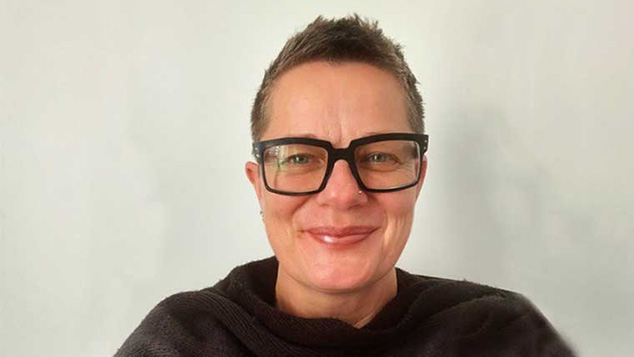LGBTIQ+ Health Australia (LHA) this week welcomed the Albanese Government’s commitment to quality, accessible and affordable healthcare in the 2025-2026 budget, including continued funding for QLife, with $0.4 million allocated for 2025–26.
“Continued funding for QLife literally saves lives,” said LHA CEO Nicky Bath. “This ensures trained peer support workers remain available to provide immediate support and crucial connections to longer-term care.”
QLife is a vital, free, anonymous, Australia-wide peer support and referral service providing phone and webchat support for LGBTIQ+ people experiencing emotional distress, isolation, or requiring assistance with sexuality, gender, and wellbeing issues.
“This funding builds on recent initial funding investments to implement the National Action Plan for the Health and Wellbeing of LGBTIQA+ People 2025–2035 (National Action Plan), launched last December” Bath said.
Treasurer Jim Chalmers delivered the government’s budget on Tuesday night, ahead of Prime Minister Anthony Albanese calling an election on Friday.

LGBTIQ+ Health Australia highlights that LGBTIQ+ people have poorer health outcomes, particularly regarding mental health and suicide, some cancers, and alcohol and other drugs use. These disparities are directly linked to stigma and discrimination.
“LHA also welcomes broader health measures in the Budget that improve affordability and access, including cheaper medicines, more Medicare Urgent Care Clinics, and increased bulk billing incentives—these steps toward healthcare equity also benefit LGBTIQ+ communities,” Bath said.
“LHA welcomes the $792.9 million for women’s health, addressing decades of neglect. Key highlights include new contraceptive options, expanded Medicare support for menopause care, and specialised services for conditions such as endometriosis.
The organisation also welcomed continued action on recommendations from the Royal Commission into Aged Care Quality and Safety, highlighting the need to ensure aged care providers offer accessible, safe, and inclusive care for LGBTI older people.
They say significant health and wellbeing gaps remain, including the need for national coordination to address sexual, domestic, and family violence affecting LGBTIQ+ people; dedicated support for LGBTIQ+ people with disability; action on equitable access to care for trans and gender diverse people; as well as the other pressing health and wellbeing disparities identified in the National Action Plan.
“Implementing the National Action Plan remains a priority to deliver on its promise of a healthier, more inclusive society, and ensure LGBTIQ+ Australians have access to the high-quality care they deserve,” Bath said.




